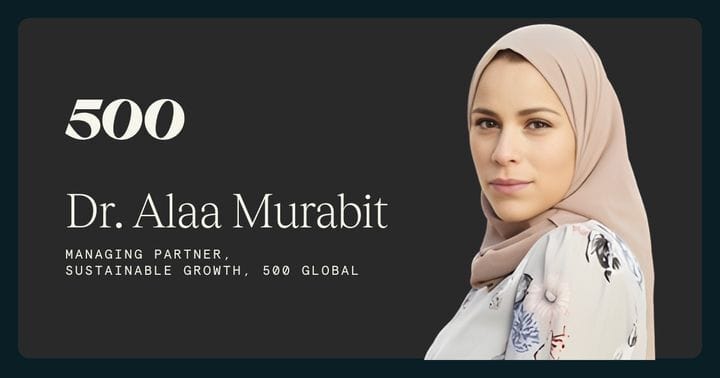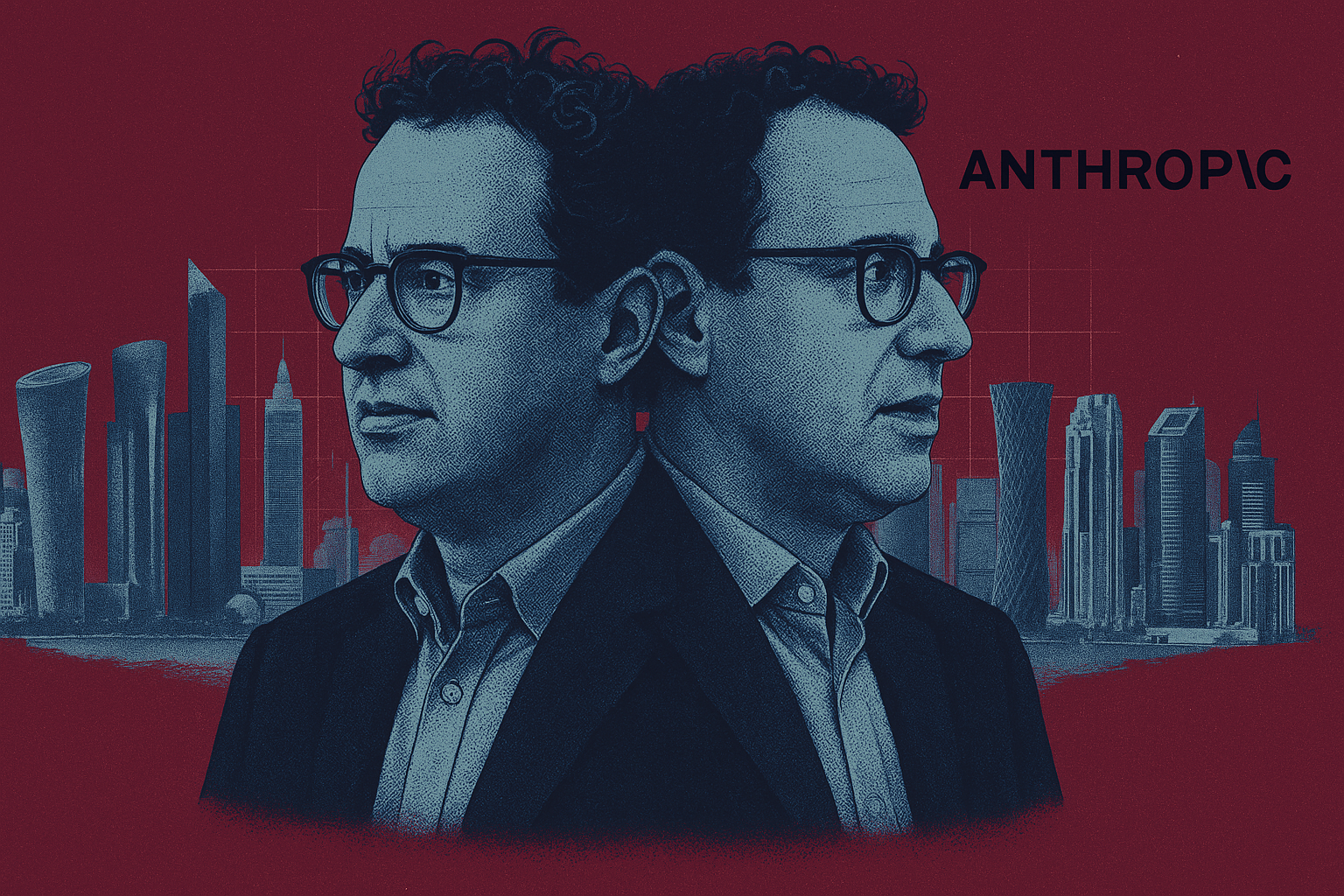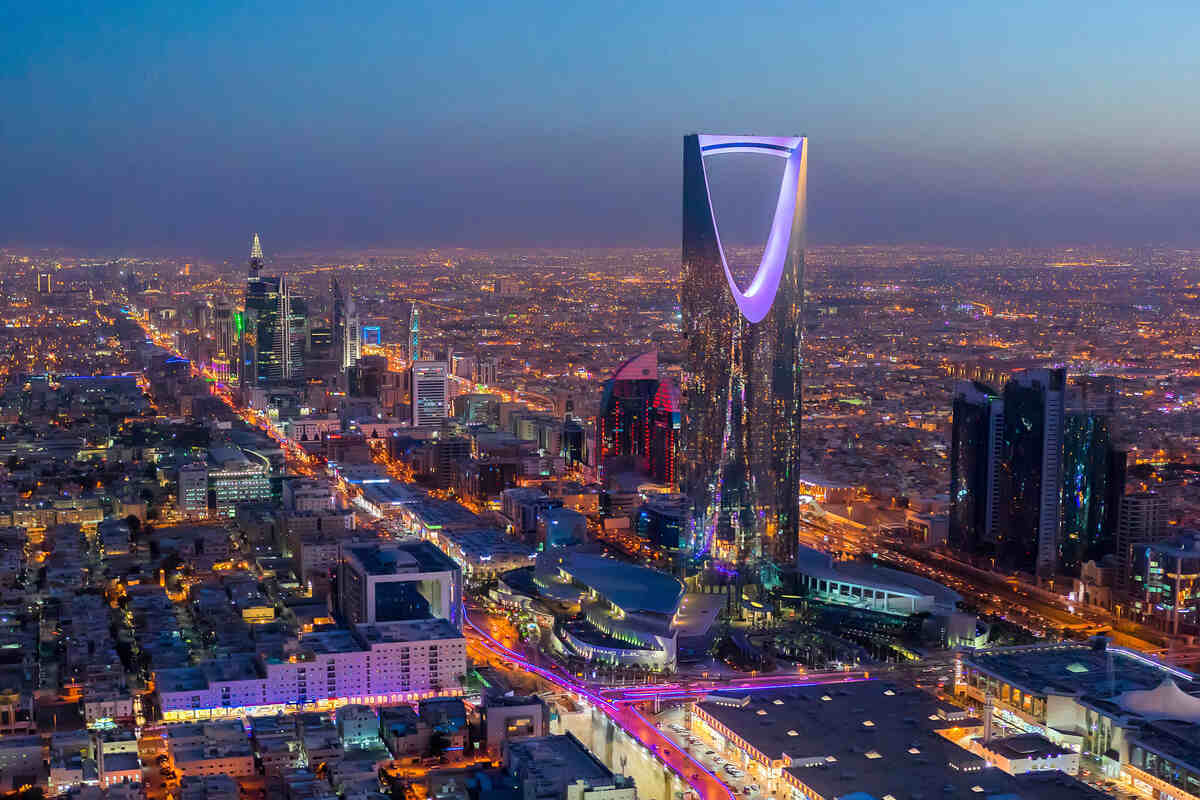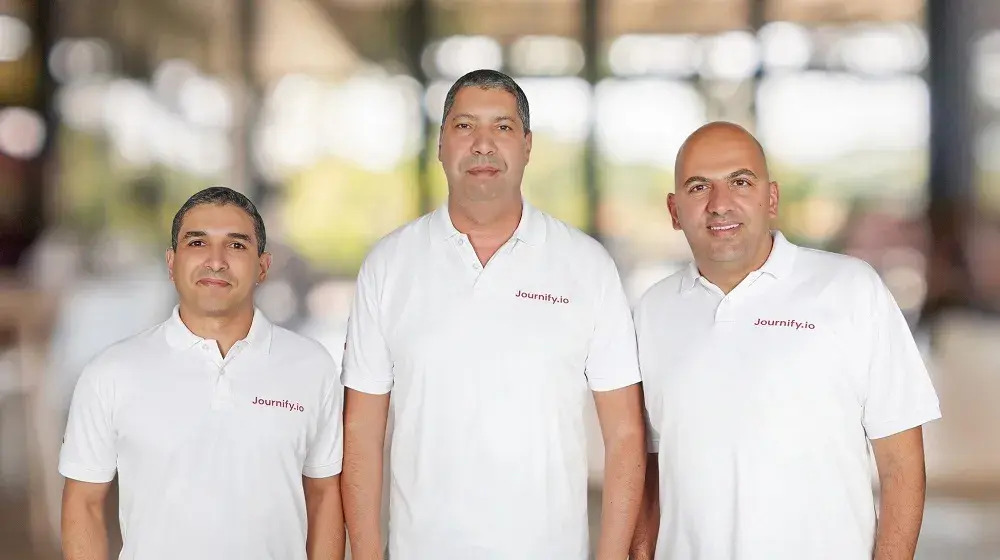500 Global is doubling down on emerging markets with the launch of a new Sustainable Growth practice based in Abu Dhabi and plans to deploy up to $300 million into startups solving critical challenges across Africa, Brazil, India, and the Gulf over the next two years.
Leading the new practice is Dr. Alaa Murabit, a former executive at the Gates Foundation and one of the architects behind the United Nations Sustainable Development Goals. Her mandate will focus on investments across climate adaptation, health systems, fertility, digital infrastructure, food security, and gender equity, while also advising on policy design that helps align national development priorities with private capital.
Murabit’s appointment marks a shift toward more institutional collaboration in the region. 500 Global said the new initiative aims to boost co-investment with sovereign wealth funds, philanthropic bodies, and governments, with a specific focus on translating high-level strategies like Saudi Arabia’s Vision 2030 into investable frameworks.
“This is in line with Abu Dhabi’s increased focus on sustainable investment in strategic emerging markets,” said Courtney Powell, chief operating officer and managing partner at 500 Global. “We are seeing a strong alignment between our long-term investment thesis and the goals of regional stakeholders.”
The firm, which has $2.3 billion in assets under management, has been active in the Middle East and North Africa since 2012. Past investments include UAE eyewear startup Eyewa and Saudi-based companies Floward and Foodics. In January, it launched 500 MENA, a dedicated regional fund backed by two units of Saudi Arabia’s Public Investment Fund and Saudi Venture Capital. That vehicle allows for checks of up to $10 million per deal across Saudi and the UAE.
500 Global’s expansion into Abu Dhabi comes amid a rebound in investor sentiment across the Gulf. According to Magnitt, fundraising activity in the first half of 2025 has already exceeded the full-year total for 2024, driven by high liquidity, falling inflation, and optimism around tariff stability. However, ongoing geopolitical uncertainty could still influence deal pace in the months ahead.





